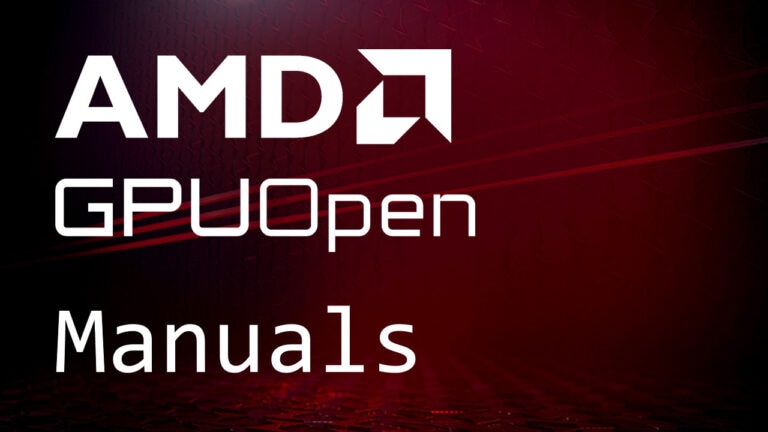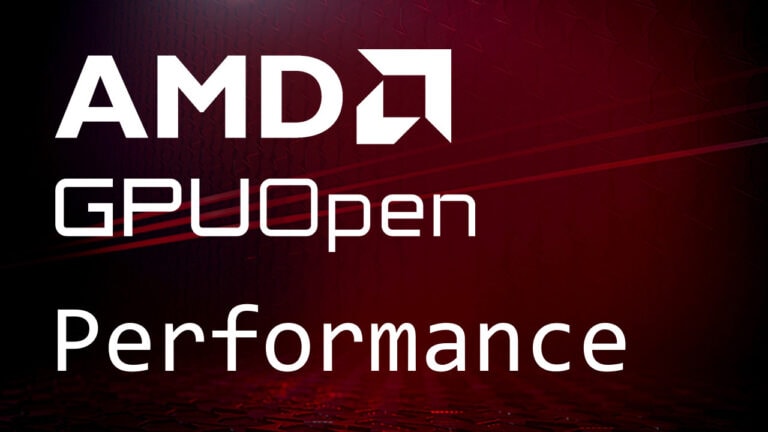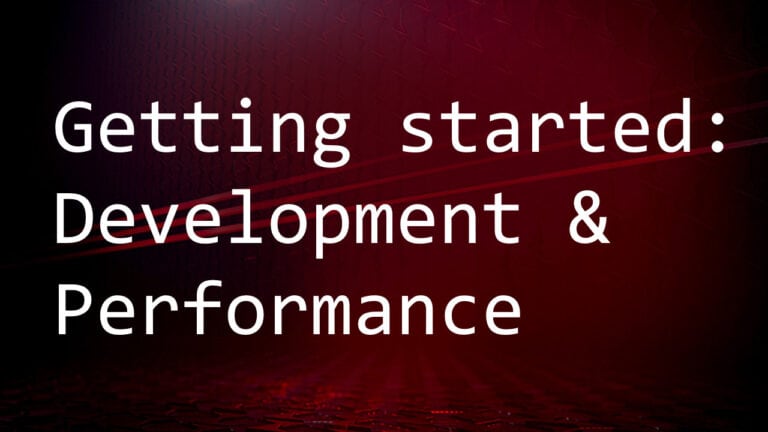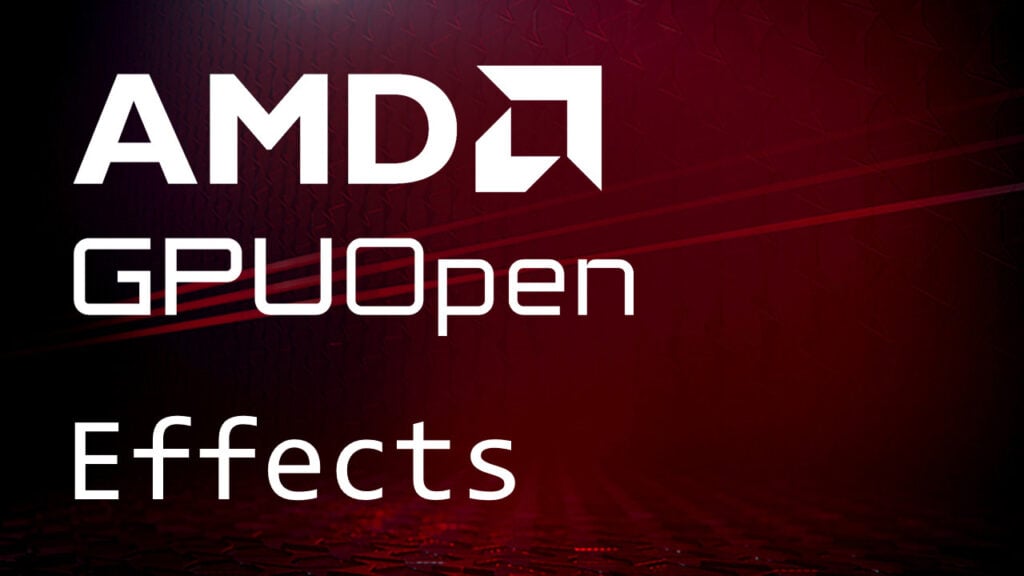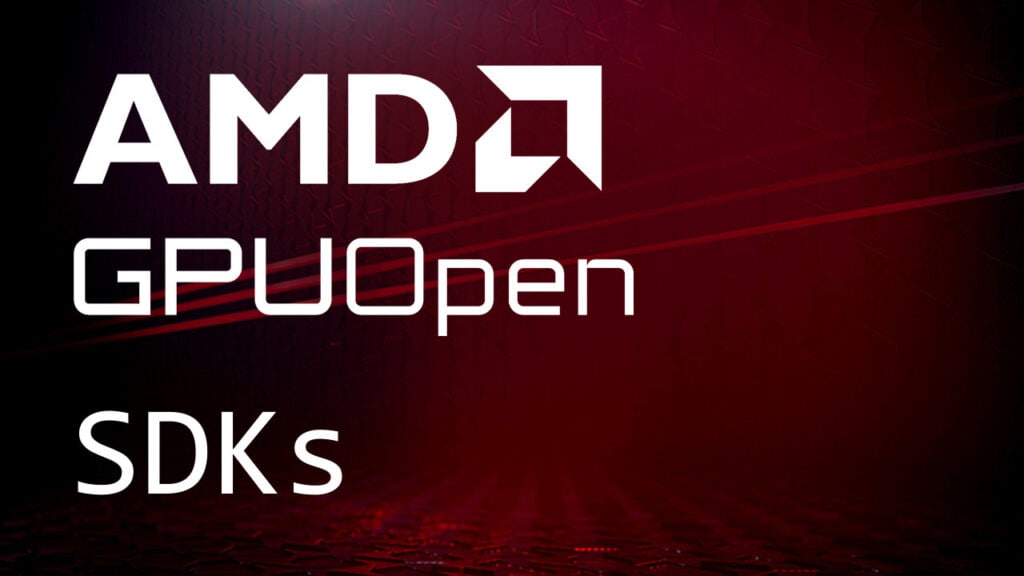# Copyright (c) 2024 Advanced Micro Devices, Inc. All Rights Reserved.
"""
Implementation of gym.vector.VectorEnv backed by a Schola Environment.
"""
from typing import Dict, List, Tuple, TypeVar, Union
from schola.core.unreal_connections import UnrealConnection
from schola.core.env import ScholaEnv
from schola.core.error_manager import EnvironmentException
import numpy as np
import gymnasium as gym
from schola.core.utils import nested_get, IdManager
import logging
T = TypeVar("T")
[docs]
class GymVectorEnv(gym.vector.VectorEnv):
"""
A Gym Vector Environment that wraps a Schola Environment.
Parameters
----------
unreal_connection : UnrealConnection
The connection to the Unreal Engine.
verbosity : int, default=0
The verbosity level for the environment.
Attributes
----------
reset_infos : List[Dict[str,str]]
The information returned from the last reset.
"""
[docs]
def __init__(
self,
unreal_connection : UnrealConnection,
verbosity: int = 0
):
self._env = ScholaEnv(
unreal_connection,
verbosity,
)
self.id_manager = IdManager(self._env.ids)
# we just use the default UID to get the shared definition
single_obs_space = self._env.get_obs_space(*self.id_manager[0])
single_action_space = self._env.get_action_space(*self.id_manager[0])
#test that everything is setup correctly
try:
for env_id, agent_id in self.id_manager.id_list:
assert self._env.get_action_space(env_id,agent_id) == single_action_space, f"Action Space Mismatch on Agent:{agent_id} in Env {env_id}.\\nGot: {self._env.get_action_space(env_id,agent_id)}\\nExpected:{single_action_space}"
assert self._env.get_obs_space(env_id,agent_id) == single_obs_space, f"Observation Space Mismatch on Agent:{agent_id} in Env {env_id}.\\nGot: {self._env.get_obs_space(env_id,agent_id)}\\nExpected:{single_obs_space}"
except Exception as e:
self._env.close()
raise e
logging.debug(single_action_space)
logging.debug(single_obs_space)
self.reset_infos : List[Dict[str,str]] = {}
super().__init__(self._env.num_agents, single_obs_space, single_action_space)
[docs]
def close(self) -> None:
super().close()
return self._env.close()
[docs]
def get_attr(self, name:str) -> List[None]:
"""
Get an attribute from the environment.
Parameters
----------
name: str
The name of the attribute to get.
Notes
-----
This method is not implemented and will always return a list of None values, as sub-environments are not individually accessible.
"""
return [None for x in range(0, self._env.num_envs)]
[docs]
def reset_async(self,seed=None,options=None):
pass # do nothing here for now
[docs]
def reset_wait(self, seed:Union[None, List[int], int]=None, options: Union[List[Dict[str,str]], Dict[str,str], None]=None ) -> Tuple[Dict[str,np.ndarray], Dict[int,Dict[str,str]]]:
obs, nested_infos = self._env.hard_reset(seeds=seed,options=options)
if isinstance(seed,int):
self._np_random = self._env.np_random
infos = {}
for env_id in nested_infos:
for agent_id in nested_infos[env_id]:
uid = self.id_manager[env_id, agent_id]
#safe because we are iterating over nested_infos
infos[uid] = nested_infos[env_id][agent_id]
# flatten the observations, converting from dict to list using key as indices
obs = self.batch_obs(obs)
return obs, infos
[docs]
def batch_obs(self, obs: Dict[int, Dict[int,Dict[str, np.ndarray]]]) -> Dict[str,np.ndarray]:
batched_observations = gym.experimental.vector.utils.create_empty_array(self.single_observation_space, n=self.num_envs)
flattened_observations = self.id_manager.flatten_id_dict(obs)
gym.experimental.vector.utils.concatenate(self.single_observation_space, flattened_observations, batched_observations)
return batched_observations
[docs]
def unbatch_actions(self, actions: Dict[int,np.ndarray]) -> Dict[int,Dict[int,Dict[str,np.ndarray]]]:
"""
Unbatch actions from Dict[ObsID,Batched] to a nested Dict[EnvId,Dict[AgentId,Dict[ObsId,Value]]], effectively moving the env, and agent dimensions into Dictionaries.
Parameters
----------
actions : Dict[int,np.ndarray]
The batched actions to unbatch.
Returns
-------
Dict[int,Dict[int,Dict[str,np.ndarray]]]
The unbatched actions.
"""
#To prevent issues with non-iterable spaces we use the regular action space if num_envs ==1
it = gym.experimental.vector.utils.iterate(self.action_space, actions)
return self.id_manager.nest_id_list([value for value in it])
[docs]
def step_async(self, actions: Dict[int,np.ndarray]) -> None:
actions = self.unbatch_actions(actions)
self._env.send_actions(actions)
[docs]
def step_wait(self) -> Tuple[Dict[str,np.ndarray], np.ndarray, np.ndarray, np.ndarray, Dict[int,Dict[str,str]]]:
observations, rewards, terminateds, truncateds, nested_infos = self._env.poll()
array_rewards = np.asarray(self.id_manager.flatten_id_dict(rewards))
array_observations = self.batch_obs(observations)
array_terminateds = np.asarray(self.id_manager.flatten_id_dict(terminateds))
array_truncateds = np.asarray(self.id_manager.flatten_id_dict(truncateds))
envs_to_reset = []
infos = {}
for env_id in nested_infos:
for agent_id in nested_infos[env_id]:
uid = self.id_manager[env_id, agent_id]
#safe because we are iterating over nested_infos
infos[uid] = nested_infos[env_id][agent_id]
for env_id, agent_id_list in enumerate(self._env.ids):
#We don't handle the case where 1 agent ends early currently.
if(any(terminateds[env_id].values()) or any(truncateds[env_id].values())):
if(all(terminateds[env_id].values()) or all(truncateds[env_id].values())):
envs_to_reset.append(env_id)
else:
raise EnvironmentException(f"Gym with multi-agent environments does not support agents completing at different steps. Env {env_id} had agents in different completion states.")
if len(envs_to_reset) > 0:
resetted_obs, reset_infos = self._env.soft_reset(envs_to_reset)
for env_id in envs_to_reset:
for agent_id in self.id_manager.partial_get(env_id):
uid = self.id_manager[env_id, agent_id]
#update our info to have stuff from the last step
infos[uid] = {**nested_get(reset_infos,[env_id, agent_id],{}),
"final_info":infos[uid],
"final_observation":observations[env_id][agent_id]
}
array_observations[uid] = resetted_obs[env_id][agent_id]
return array_observations, array_rewards, array_terminateds, array_truncateds, infos






